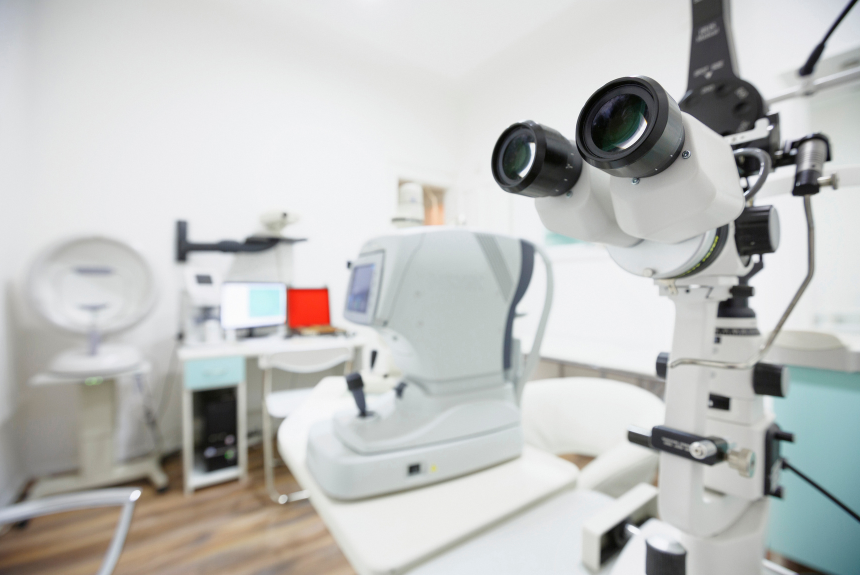
Research study investigating genetic susceptibility to retinal toxicity in patients taking hydroxychloroquine
 June 22nd, 2023
June 22nd, 2023 Debbie Kinsey
Debbie Kinsey Latest News
Latest News 0 Comments
0 Comments
A new study is investigating whether genetic testing can identify people at risk of developing hydroxychloroquine-related retinal damage. If they are successful, they hope to develop screening which would inform those at risk to avoid the drug, preventing them from developing this retinal damage.
What is this study about?
 Hydroxychloroquine (HCQ) has been found to be a very effective drug for many rheumatological and dermatological conditions. It is one of the few licensed drugs for lupus and there is good evidence for its efficacy and safety. It is rarely associated with serious side effects.
Hydroxychloroquine (HCQ) has been found to be a very effective drug for many rheumatological and dermatological conditions. It is one of the few licensed drugs for lupus and there is good evidence for its efficacy and safety. It is rarely associated with serious side effects.
However, a small number of people taking HCQ develop retinal toxicity, which is where the retina becomes damaged and the person experiences vision loss. In December 2020, the Royal College of Ophthalmologists issued new guidelines reducing the maximum dose and recommending that patients have an eye examination every year after they have been taking HCQ for five consecutive years. This may not remove the risk of retinal toxicity completely, but aims to significantly reduce the likelihood of it occurring and ensures it would be detected in the very early stages, so that treatments can be changed to stop it from worsening.
The researchers in this study found in some earlier work that genetics may have a role in increasing a person’s risk of developing HCQ-related retinal toxicity. This new study is trying to find genetic markers which may indicate someone is at higher risk. If they can identify these markers, that information could be used to screen people who need to take HCQ. If they are then found to be high risk, then they could be given an alternative to HCQ to avoid that risk in the first place.
How will the study work?
The researchers are comparing two groups of people – people who have developed retinal toxicity associated with HCQ, and people who have taken HCQ for more than 15 years but have no sign of retinal damage. The team will match the two groups, so that they can be more sure any differences they find are due to the genetic markers and not factors like their age or gender.
They will look at the DNA of people in both groups to see if there are any differences in the genetic information which may relate to risk of developing HCQ-related retinal toxicity.
 What does the study involve for participants?
What does the study involve for participants?
Participants will be given more information before deciding whether they want to take part. The study will involve first answering some questions over the telephone or online about their medical history, treatment, and current health. They will be sent a blood sampling kit which they can take to their local GP surgery for a nurse to carry out the procedure. This blood sample then gets posted back to the research team.
Participants may also be asked to have a scan of the back of their eye (called an Optical Coherence Tomography, or OCT) at their local eye clinic. If they have already had one in the past 12 months they do not need to have another, as the research team can study the one they have already had.
How can I get involved in the study?
There are two main eligibility criteria:
- Aged 18 – 90
- Have been taking HCQ for over 15 years with no retinal toxicity -OR- have been diagnosed with HCQ-related retinal toxicity.
There are currently 22 hospitals across England, Scotland and Northern Ireland participating and actively recruiting. At these hospitals, specialists in the medical retinal and/or rheumatology units will identify eligible patients and contact them to see if they are interested in taking part.
However, you can also go to the research team’s webpage and register yourself as being interested in their research. They will then contact you and refer you to the participating hospital site closest to you if you are eligible. You can find the form here: Research Register – Eye Research Group Oxford
How can I find out more without taking part in the study?
The study will be taking place over 3 years, so it will take some time before any results can be shared. The research team has a website here: https://eyeresearchoxford.org.uk/ where they may update everyone on their findings in the future, and we will share anything we think may be interesting or useful to people in an article on LUPUS UK.



 ©2024 LUPUS UK (Registered charity no. 1200671)
©2024 LUPUS UK (Registered charity no. 1200671)